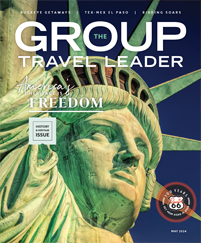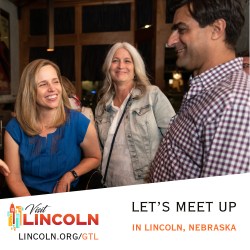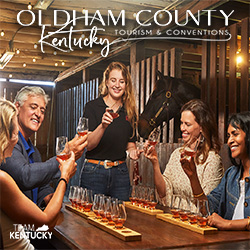The tale is becoming increasingly common: Tourism sales professionals at convention and visitors bureaus and state travel offices are called in to account for their work before legislators, bureaucrats or higher-ups in their organization who don’t understand the value of the group travel market.
When budgets are tight, tourism organizations often get targeted by political players who would like to see their budgets allocated to other things. And CVB leaders who came up through the ranks of convention sales might question the need for staff members and marketing dollars to go to the tour and travel side of the industry.
These efforts are misguided, though. Group tourism can add an important element of business to any destination, and there are numbers to back that up. In case you or your colleagues need a refresher, here are four of the top reasons for destination marketing organizations to invest in tourism.
Group tours are big business.
A motorcoach group doesn’t make the same splash as a convention that brings hundreds or thousands of people to town, but that doesn’t mean the market segment is small. Quite the opposite: There are hundreds of professional tour companies in the United States, and thousands of group leaders who plan tours for friends, corporations or civic organizations. And though it’s difficult to get an overall picture of the size of the industry, a pair of recent studies give us some insight. Travel South USA found that group tourism brought 21.7 million room nights to the 12 Southern states in 2014. And the United States Tour Operators Association, which represents about 160 of the biggest tour operator brands in the country, found that this elite group was responsible for 17.5 million room nights and $14.3 billion in revenue in 2015.
Groups travel off peak and off season.
If your destination is a popular spot for seasonal vacations or draws a lot of Monday-through-Friday business travelers, you may find that visitor traffic and hotel occupancy plummets out of season or on the weekends. But groups love to travel when destinations aren’t clogged with vacationing families, and tour operators often seek out weekends and other off-peak travel times to get more favorable room rates. Group tours can bring in visitors at times when you destination needs them most.
Groups spread the wealth.
More than any other market segment, group travelers are likely to spread their traffic and spending widely throughout your destination. Many tours try to visit as many attractions around town as possible and are likely to use numerous restaurants around town throughout their visit. Compare that to a convention, during which travelers are more likely to stay in their hotels, eat catered banquet food and miss out on the great activities your destination offers.
Groups fit all types of places.
There are likely factors beyond your control that restrict the meetings business in your city: room inventory that is too low, prices that are too high, associations whose city selections are limited for a variety of reasons. Not so with tour groups. These people love to travel and frequent both big cities and small towns. Even if you don’t think you have a lot of marquee attractions, you can package the unique elements of your city as a mystery tour; these tours are incredibly popular with tour operators and their customers alike.











